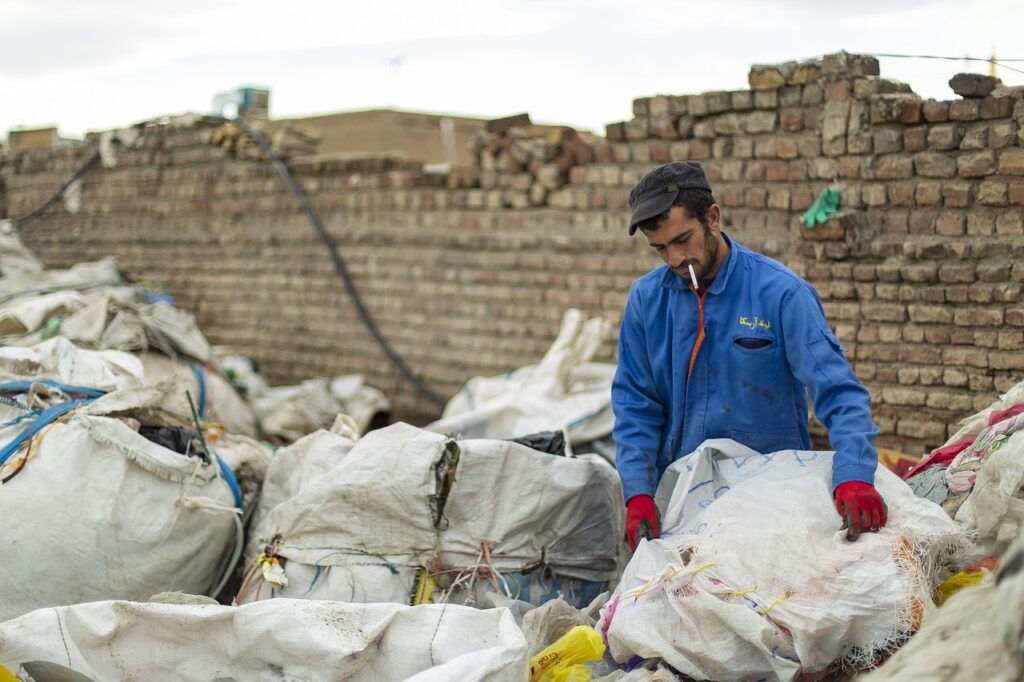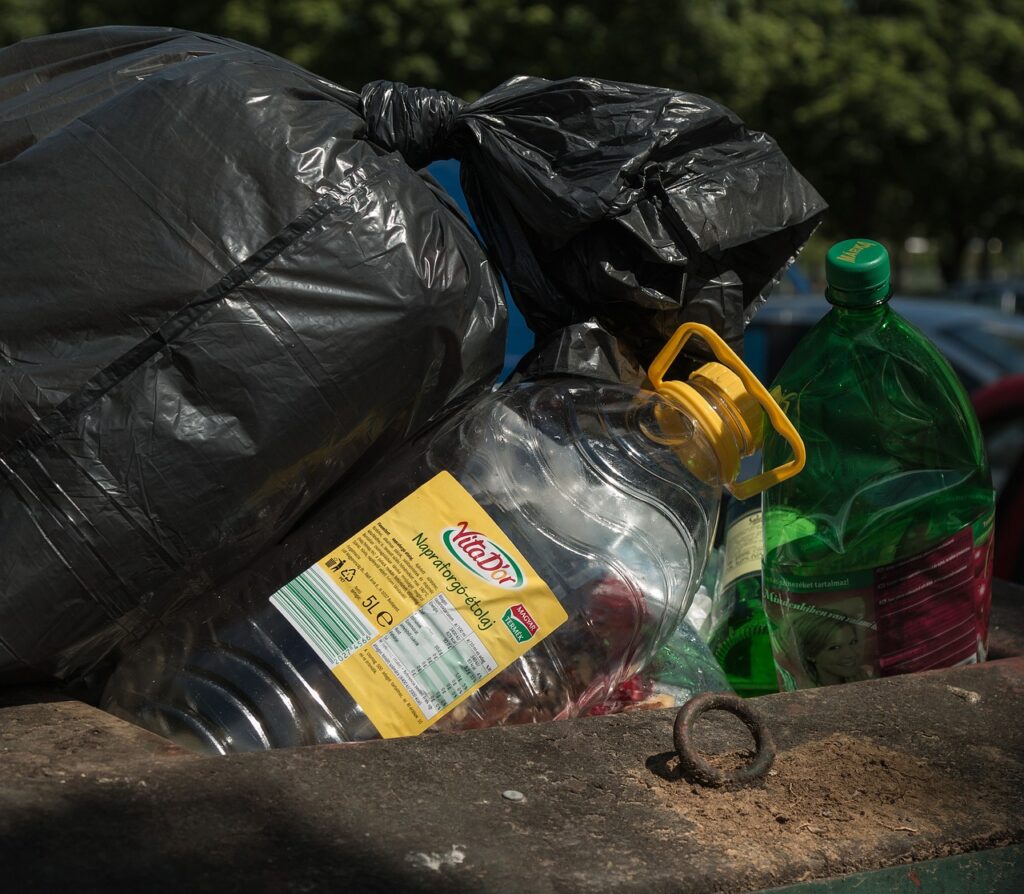Table of Contents
When Waste Becomes a Challenge: Understanding and Managing It
Introduction
When waste is not managed properly, it leads to environmental pollution, health hazards, and resource depletion. Understanding when waste becomes a serious issue and how to manage it effectively is crucial for sustainability. In this article, we will discuss the types of waste, their impact, and the best practices for waste management.
When Waste Overwhelms: Types of Waste
1. Organic Waste
Organic waste includes food scraps, garden waste, and biodegradable materials. Proper composting helps reduce landfill accumulation.
2. Plastic Waste
Plastic waste is non-biodegradable and contributes to ocean pollution. Recycling and reducing plastic usage are essential steps.
3. Electronic Waste (E-Waste)
E-waste includes old electronics like mobile phones and computers. Safe disposal and recycling prevent toxic chemical leakage.
4. Hazardous Waste
Chemicals, batteries, and medical waste fall under hazardous waste. Specialized handling and disposal methods are necessary.
5. Industrial Waste
Industries generate waste materials that require proper treatment to avoid environmental damage.
6. Construction Waste
Building materials, debris, and demolition waste need effective recycling and repurposing to minimize environmental impact.

When Waste Piles Up: How It Affects the Environment
- Air Pollution: Burning waste releases harmful toxins into the air.
- Water Contamination: Improper disposal can lead to water pollution, affecting marine life and drinking water.
- Soil Degradation: Dumping waste on land leads to soil infertility.
- Health Hazards: Waste accumulation attracts pests and causes diseases.
When Waste Gets Out of Control: 10 Ways to Manage It
1. Reduce, Reuse, Recycle (3Rs)
Following the 3Rs helps minimize waste production and promotes sustainable living.
2. Composting Organic Waste
Turning food scraps and yard waste into compost reduces landfill burden.
3. Proper Plastic Disposal
Using recyclable plastics and avoiding single-use items prevents plastic pollution.
4. Responsible E-Waste Recycling
Disposing of old electronics at certified recycling centers helps reduce toxic waste.
5. Segregation of Waste
Separating recyclables, biodegradable, and hazardous waste ensures proper disposal.
6. Waste-to-Energy Solutions
Converting waste into energy through incineration and biogas generation supports sustainability.
7. Implementing Zero-Waste Strategies
Adopting zero-waste policies in households and businesses minimizes overall waste production.
8. Supporting Sustainable Products
Using eco-friendly alternatives reduces non-recyclable waste.
9. Government and Community Involvement
Encouraging local waste management programs ensures proper regulation and disposal.
10. Encouraging Awareness and Education
Educating communities about waste management leads to more responsible practices.
Learn More About Waste Management
When Waste Is Handled Right: Benefits of Proper Waste Management
- Reduces Pollution: Minimizing waste prevents environmental degradation.
- Saves Natural Resources: Recycling reduces the need for raw materials.
- Promotes Health and Hygiene: Proper disposal prevents disease outbreaks.
- Boosts Economy: Recycling and waste-to-energy initiatives create job opportunities.
- Enhances Sustainability: Encouraging responsible waste management ensures a healthier planet.

Conclusion
When waste is managed correctly, it benefits both the environment and society. By adopting sustainable practices, recycling, and supporting eco-friendly initiatives, we can collectively reduce waste and promote a cleaner world.
Get Expert Waste Management Solutions
Frequently Asked Questions (FAQs)
1. What happens when waste is not managed properly?
Improper waste disposal leads to pollution, health risks, and resource depletion.
2. How can I reduce household waste?
You can reduce waste by composting, recycling, using reusable items, and avoiding single-use plastics.
3. What are the best ways to recycle waste?
Sorting waste properly, using recycling bins, and taking electronic waste to certified centers are effective methods.
4. Why is waste segregation important?
Waste segregation ensures that different types of waste are processed and disposed of appropriately, reducing environmental impact.
5. What is the most eco-friendly way to dispose of waste?
The most eco-friendly ways include composting organic waste, recycling plastics and metals, and using biodegradable products.